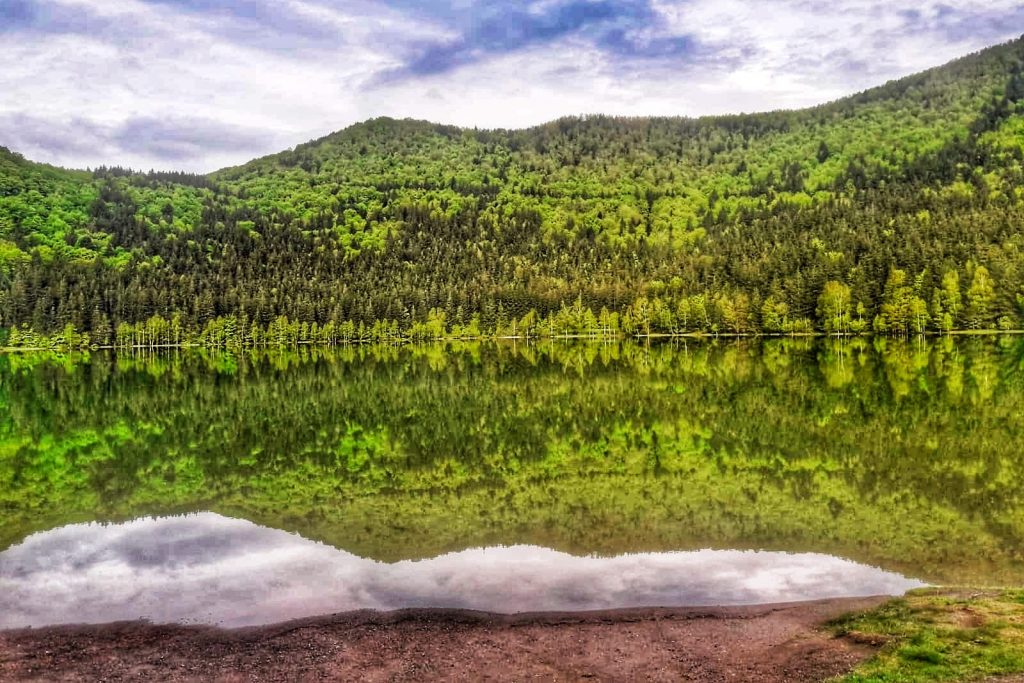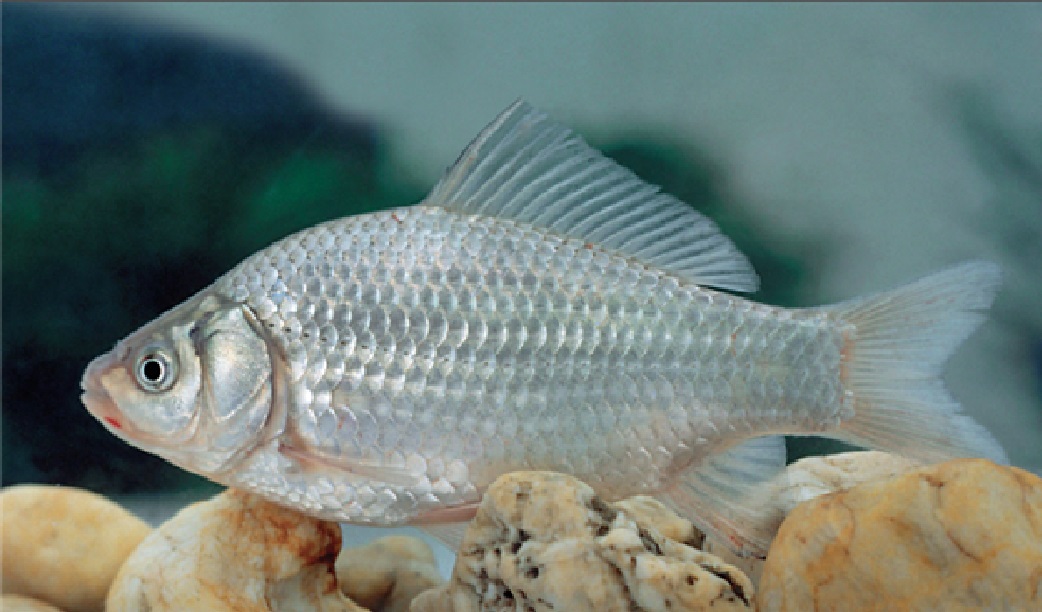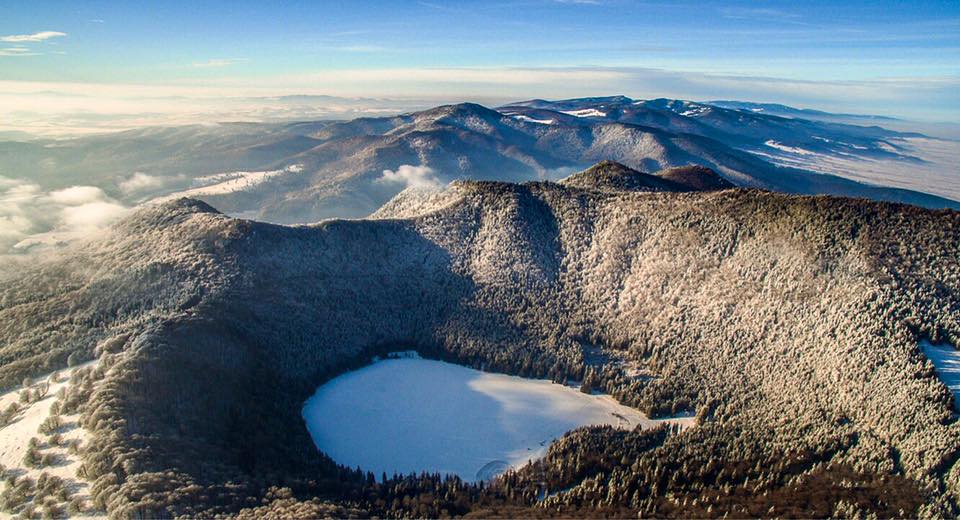Due to some serious environmental and tourist problems in recent years, urgent intervention is needed to protect the only volcanic crater lake in Central Europe, Lake Saint Anna in Szeklerland. An expert described the drastic deterioration of the water’s ecosystem at the Hargita/Harghita County Council’s extraordinary session.

At the county council meeting, an associate of the Hargita County Office of the National Agency for Protected Areas, László Demeter, introduced his detailed research about the deterioration of water quality in Lake Saint Anna. His work was in cooperation with researchers at the Sapientia Hungarian University of Transylvania and a biologist from Tusnádfürdő/Băile Tușnad.
“It can be well seen in photos made of the lake that ten years ago it was opaque and blue, while in recent years its color has turned green”
– he pointed out. According to the biologist, the cause of the problem is the major change in the algae composition of the lake. Certain single-cell algae have greatly proliferated in the lake due to the proliferation of an invasive fish breed, the silver Prussian carp, which first appeared at the lake about a decade ago.
“The algae are normally consumed by microscopic crabs and rotifers; by doing this, they regulate the ecosystem. But now these crabs are consumed by the fish, and because originally there were no fish in the lake at all, after their appearance, the algae proliferated.”
– the expert explained.
He highlighted that the East Asian fish appeared in Europe as a result of fisheries; because of its resistance, it was then able to easily spread in European rivers and lakes. “According to experts, its appearance in the lake can be linked to fishermen who brought the invasive fish breed to the lake. From a fisherman’s point of view, a lake without fish is dead water. Their goodwill could have resulted in this situation,” – he said.

The biologist also pointed out that while the opalescence of the lake today is ranked in the worst category (hypertrophic), according to the National Water Management Office, the lake’s water quality is still registered as ultraclean.
“The practical solution would be to remove the fish breed as soon as possible while monitoring the lake’s ecosystem to see what effect their disappearance would have,” – specified László Demeter. He explained that no immediate effect could be expected after removing the fish, but they are still planning to intervene this year in cooperation with their partners and the authorities.

President of the Hargita County Council, Csaba Borboly added that besides Hargita County, the conservation of the lake is also in the interest of the neighboring Kovászna/Covasna County. Thus, they will hopefully be able to make the necessary steps together. He also mentioned that they are planning to build out the electrical system for the resorts around the lake sometime in the future as well.
Title image: Lake Saint Anna from above. (Drone photo: Szabolcs Ignácz)